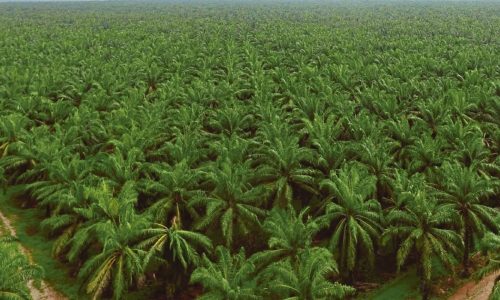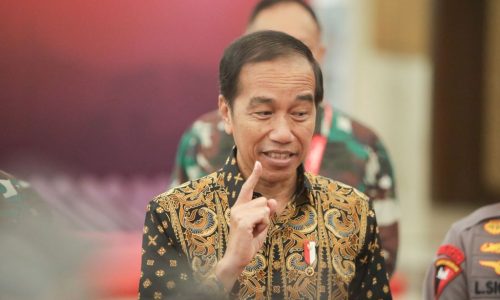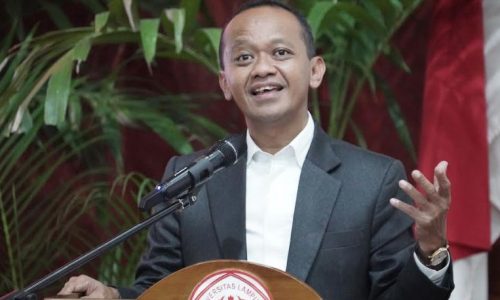The Indonesian Forum for Environment (WALHI) has criticized the government’s plan to open 20 million hectares (ha) of land as reserve forest land for food, energy and water security sources, which could result in various negative impacts in the form of hydrological damage, flooding and landslides from upstream to downstream.
Uli Arta Siagian, Manager of the National Forest and Garden Campaign of WALHI, said that the plan to open 20 million ha of forest − almost twice the size of Java Island − could result in various negative impacts.
“First, it damages the hydrological function, making it susceptible to flooding and landslides, both in upstream and downstream areas,” Uli said as quoted by Katadata.co.id on Thursday, January 2, 2025.
Then, he added, this large-scale forest clearing has the potential to eliminate various forest functions in carbon absorption which will result in large-scale emissions in the future.
“This contradicts the government’s commitment in the international world to mitigate climate change,” he said.
The large-scale forest clearing also extends the chain of conflict that will affect the lives of hundreds of thousands of indigenous peoples and local communities living in the forest. This chain of conflict is in the form of vulnerability to being criminalized, intimidated.
Furthermore, the opening of peatlands has the potential to result in forest fires. Lastly, it can have an impact on the climate crisis.
Rio Rompas, Greenpeace Indonesia Campaigner, cited that this large-scale land clearing has the potential to cause an ecological disaster, increasing deforestation which could trigger a climate crisis.
“This is very contrary to Indonesia’s commitment to reduce carbon emissions from the land use sector. Land clearing will actually increase emissions,” he said.
Food estate
Previously, Raja Juli Antoni, Minister of Forestry said that the provision of tens of millions of ha of reserve forest land would be a means to support the programs of the Ministry of Agriculture and the Ministry of Energy and Mineral Resources (ESDM).
“We have identified with the Minister of Agriculture, there are around 20 million hectares that can be used for food, energy and water reserves,” he said on December 30, 2024.
Meanwhile, this large-scale reserve forest land will later be planted with dryland rice seedlings developed by Jenderal Soedirman University using 1.1 million ha of land that can produce 3.5 million tons of rice per year, which is equivalent to Indonesia’s total rice imports in 2023.
Then, the 1 million ha of land is planned to grow 1.5 million sugar palm trees to produce bioethanol, which is estimated to produce around 24 thousand kiloliters (kl) of bioethanol per ha. Later, it can be used as a substitute for fuel oil. In addition, planting palm trees can be a food estate for local villages.
Raja Juli emphasized that this program received direct approval from President Prabowo Subianto as part of the food and energy security program spread across all food estate areas in Indonesia.









